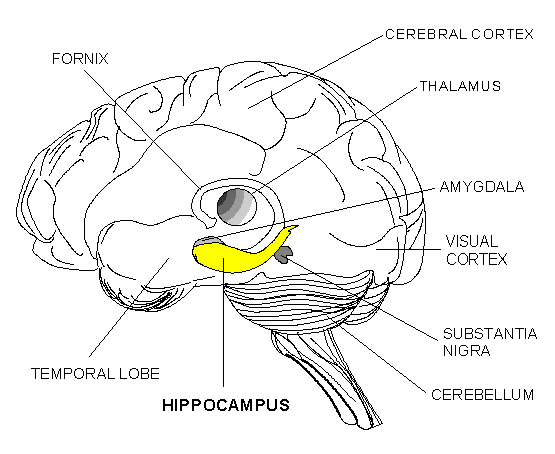 The researchers theorize that evangelical Christians, Catholics, and those with no religious affiliation experience greater stress because of their minority status religiously, and stress is known to cause "hippocampal atrophy." One can't help but wonder, however, if that makes sense. The study's sample was taken from the Southeastern U.S., where evangelical Christianity is hardly a minority religion. It was also dominated by evangelical and mainline Protestants with relatively few Catholics or people with no religious affiliation taking part. The stress of being a minority doesn't seem to fit the situation.
The researchers theorize that evangelical Christians, Catholics, and those with no religious affiliation experience greater stress because of their minority status religiously, and stress is known to cause "hippocampal atrophy." One can't help but wonder, however, if that makes sense. The study's sample was taken from the Southeastern U.S., where evangelical Christianity is hardly a minority religion. It was also dominated by evangelical and mainline Protestants with relatively few Catholics or people with no religious affiliation taking part. The stress of being a minority doesn't seem to fit the situation.One has to wonder, more generally, if the level of stress in being a member of a supposedly minority faith in the U.S. is really all that serious. For Catholics, there may be greater stress associated with the fact that a large number of Catholics are immigrants and members of ethnic minorities, inherently more stressful life situations. Their religious minority status might contribute to the stress, but it wouldn't seem to be a primary factor.
IF these findings are confirmed by further studies, it is hard to understand why mainline Protestants would show less hippocampal atrophy than the other groups. The researchers are clear that social status and other factors were not involved. The only thing I can think of is the fact that mainline Protestant worship and faith tend to be fairly cerebral (by comparison), which may have a positive impact on the hippocampus. Mainline Protestants may be using those parts of the brain that stimulate thought and help slow memory loss more than the other groups. It's a theory. Or, perhaps there was some other factor involved that the research team has yet to identify.
Weird.